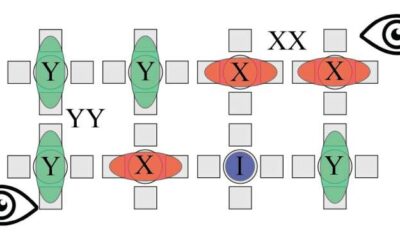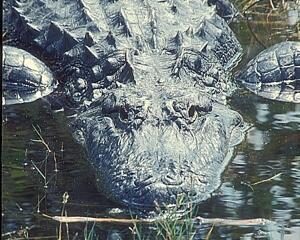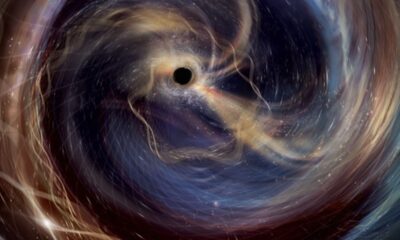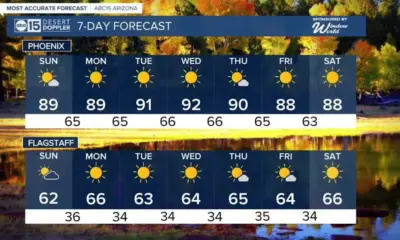Science
LIGO Celebrates a Decade of Gravitational Wave Discoveries
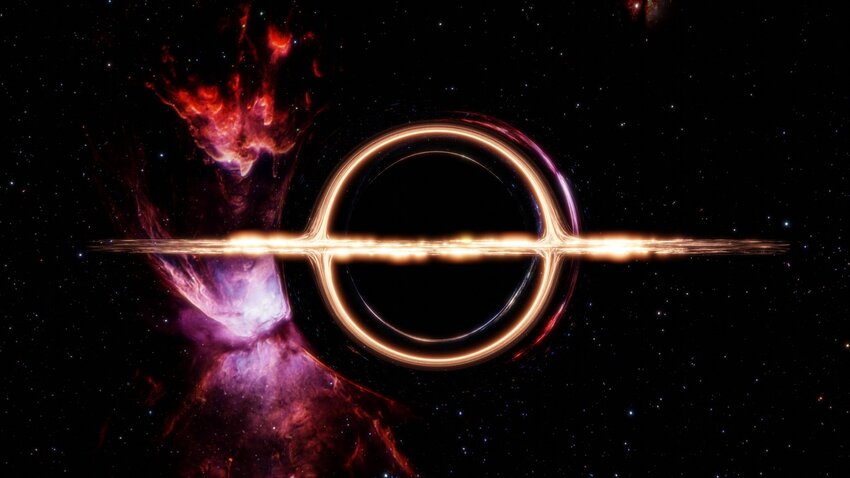
The LIGO observatories in Washington State and Louisiana have marked a significant milestone, celebrating a decade since the first direct detection of gravitational waves. This historic breakthrough occurred in 2015, confirming the existence of gravitational waves generated by the collision of two black holes. Notably, the late Stephen Hawking was quick to engage with scientists after the announcement, inquiring whether LIGO could test his 1971 predictions regarding black hole mergers.
Since that groundbreaking moment, LIGO has expanded its capabilities and has confirmed both Hawking’s predictions and Einstein’s theory of relativity. A recent study published in Physical Review Letters validates these claims, coinciding with the tenth anniversary of that initial detection. The first wave detected was a ripple in the fabric of space-time, initiated by two black holes spiraling together before merging.
Transformative Discoveries in Astrophysics
The LIGO observatories have not only detected black hole mergers but also neutron star collisions, broadening humanity’s understanding of the universe. Each year, LIGO records around 300 black hole mergers, with the observatories currently detecting events approximately every three days. They can measure fluctuations in space-time that are 700 trillion times smaller than the width of a human hair.
The recent findings from a merger detected in January 2025 resemble the first event from a decade ago, involving black holes located around 1.3 billion light-years away. The recent merger, however, produced a clearer signal, allowing scientists to validate Hawking’s theorem that asserts the total surface area of the resulting black hole is larger than that of the original merging black holes.
David Reitze, executive director of the LIGO Scientific Collaboration, emphasized the significance of these observations, stating, “It’s the first time the universe has spoken to us through gravitational waves.”
Future Implications and Ongoing Research
The advancements in gravitational wave detection could revolutionize our understanding of cosmic events. Barry Barish, who received the Nobel Prize in Physics in 2017 for his contributions to LIGO, highlighted the potential future uses of this technology. He expressed optimism that future detections may unveil insights about the universe’s origins, possibly tracing back to the Big Bang.
In August 2017, LIGO made another historic detection of gravitational waves from a neutron star merger, an event that provided complementary data through electromagnetic radiation. This dual observation marked the first time a cosmic event was studied using both gravitational waves and light, showcasing a new avenue for astronomical research.
Despite its successes, LIGO faces challenges ahead. The current U.S. administration has proposed shutting down one of the two observatories. In response to this suggestion, Barish urged support for both facilities, emphasizing their critical role in ongoing research.
As LIGO continues to refine its technology, it remains at the forefront of astrophysics, poised to uncover further mysteries of the universe. The observatories have transformed into sophisticated machines dedicated to black hole exploration, a title they carry with pride as they push the boundaries of scientific understanding.
-

 Technology4 months ago
Technology4 months agoDiscover the Top 10 Calorie Counting Apps of 2025
-

 Health2 months ago
Health2 months agoBella Hadid Shares Health Update After Treatment for Lyme Disease
-

 Health3 months ago
Health3 months agoErin Bates Shares Recovery Update Following Sepsis Complications
-

 Technology3 weeks ago
Technology3 weeks agoDiscover 2025’s Top GPUs for Exceptional 4K Gaming Performance
-

 Technology2 months ago
Technology2 months agoElectric Moto Influencer Surronster Arrested in Tijuana
-

 Technology4 months ago
Technology4 months agoDiscover How to Reverse Image Search Using ChatGPT Effortlessly
-

 Technology4 months ago
Technology4 months agoMeta Initiates $60B AI Data Center Expansion, Starting in Ohio
-

 Technology4 months ago
Technology4 months agoRecovering a Suspended TikTok Account: A Step-by-Step Guide
-

 Health4 months ago
Health4 months agoTested: Rab Firewall Mountain Jacket Survives Harsh Conditions
-

 Lifestyle4 months ago
Lifestyle4 months agoBelton Family Reunites After Daughter Survives Hill Country Floods
-

 Technology3 months ago
Technology3 months agoUncovering the Top Five Most Challenging Motorcycles to Ride
-

 Technology4 weeks ago
Technology4 weeks agoDiscover the Best Wireless Earbuds for Every Lifestyle



